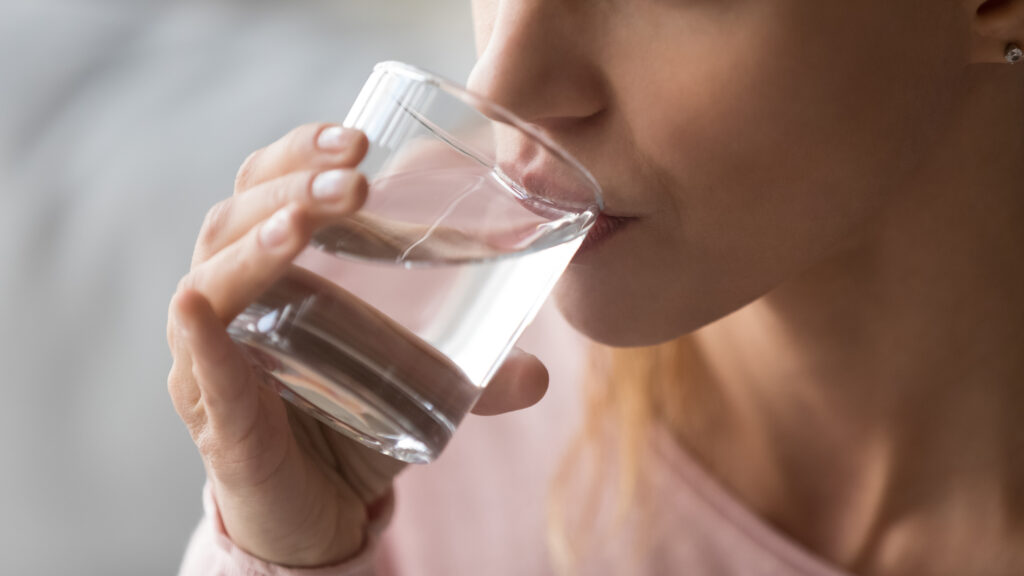Supermarket shelves in 2025 are lined with colourful cans claiming to bring “calm” and “focus.” These so-called functional drinks often feature trendy ingredients like Ashwagandha, Lion’s Mane mushrooms, L-theanine, and magnesium, marketed as natural ways to ease stress and sharpen the mind.
The boom is real: the global functional beverage market is projected to hit €212 billion by 2030, driven by younger generations moving away from alcohol and towards wellness-focused alternatives. “These products fit perfectly into today’s wellness culture,” says dietitian Nicolle Cucco. “In a fast-paced world, the idea of a quick, drinkable fix is very attractive.”
But do they work? Experts say the science is mixed. Ashwagandha and L-theanine have shown some promise in reducing stress or improving attention, though studies are limited. Magnesium can help if you’re deficient, but offers little if levels are already normal.
That hasn’t stopped slick marketing. In July, UK regulators banned a TRIP advert that implied its drinks could reduce stress and anxiety, ruling the claims unproven. Dietitian Lena Bakovic warns that overpromising risks “consumer disillusionment, misuse, or apathy for evidence-based methods.”
The placebo effect may also play a role. Simply believing a drink will help can genuinely change how people feel, Cucco explains: “That doesn’t mean the products are useless, but expectation often amplifies their effects.”
Social media has fuelled the craze, with influencers promoting brands like TRIP, Huel and Athletic Greens as shortcuts to wellness. But experts stress these drinks are no substitute for medical treatment of conditions like anxiety or ADHD.
While sipping a functional drink may do no harm — apart from denting your wallet — they’re no magic fix. “Pause, look beyond the marketing, and research what you’re putting into your body,” Cucco advises. “Some ingredients may be beneficial, others less so. The wisest approach is to stay informed.”


